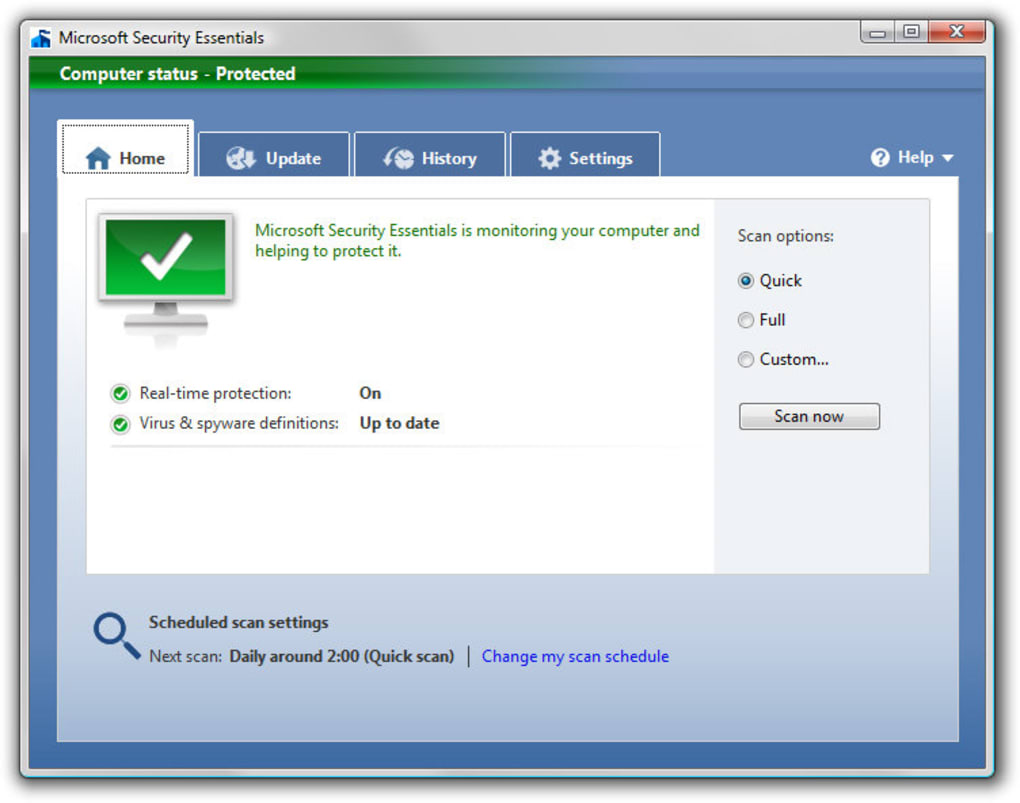

They indicating, the signature updates for Microsoft Security Essentials (MSE), the Windows Defender from Windows 8.1 and Windows 10 and for Microsoft System Center EndPoint Protection (SCEP) are actually the same. Then I got comments from some readers (especially about my German article at heise), because the ESU customers look like left in the rain. No matter whether someone has booked the Extended Security Update Program (ESU) for Windows 7 SP1 or not. MSE is unique to Windows 7 and follows the same lifecycle dates for support.Ĭlear statement, from Januthere will be no more support for the Microsoft Security Essentials. No, your Windows 7 computer is not protected by MSE after January 14, 2020. Will Microsoft Security Essentials (MSE) continue to protect my computer after the end of support? On this occasion, Microsoft has set up a FAQ about the end of support for Windows 7 SP1 and the Extended Security Update Program (ESU). Here in the blog there are some articles about the ESU program from Microsoft. Microsoft offers companies the fee-based Extended Security Update Program (ESU), which can be used to obtain security updates until January 2023. The end-of-life date (EOL) has been fixed since the release of Windows 7.

The fact was then: On January 14, 2020, the ten-year extended support for Windows 7 SP1, Windows Server 2008 and Windows Server 2008 R2 will end.

Of course I referred at that time to what Microsoft has documented on its Web site. Once again the old joke applies: If you can rely on something at Microsoft that you can't rely on Microsoft Old stuff: Is Microsoft Security Essentials reaching EOL?Ī few days ago I had announced the end of life for Microsoft Security Essentials (MSE) in the blog post Windows 7: Soon End-of-Life for Microsoft Security Essentials for January 14, 2019.


 0 kommentar(er)
0 kommentar(er)
